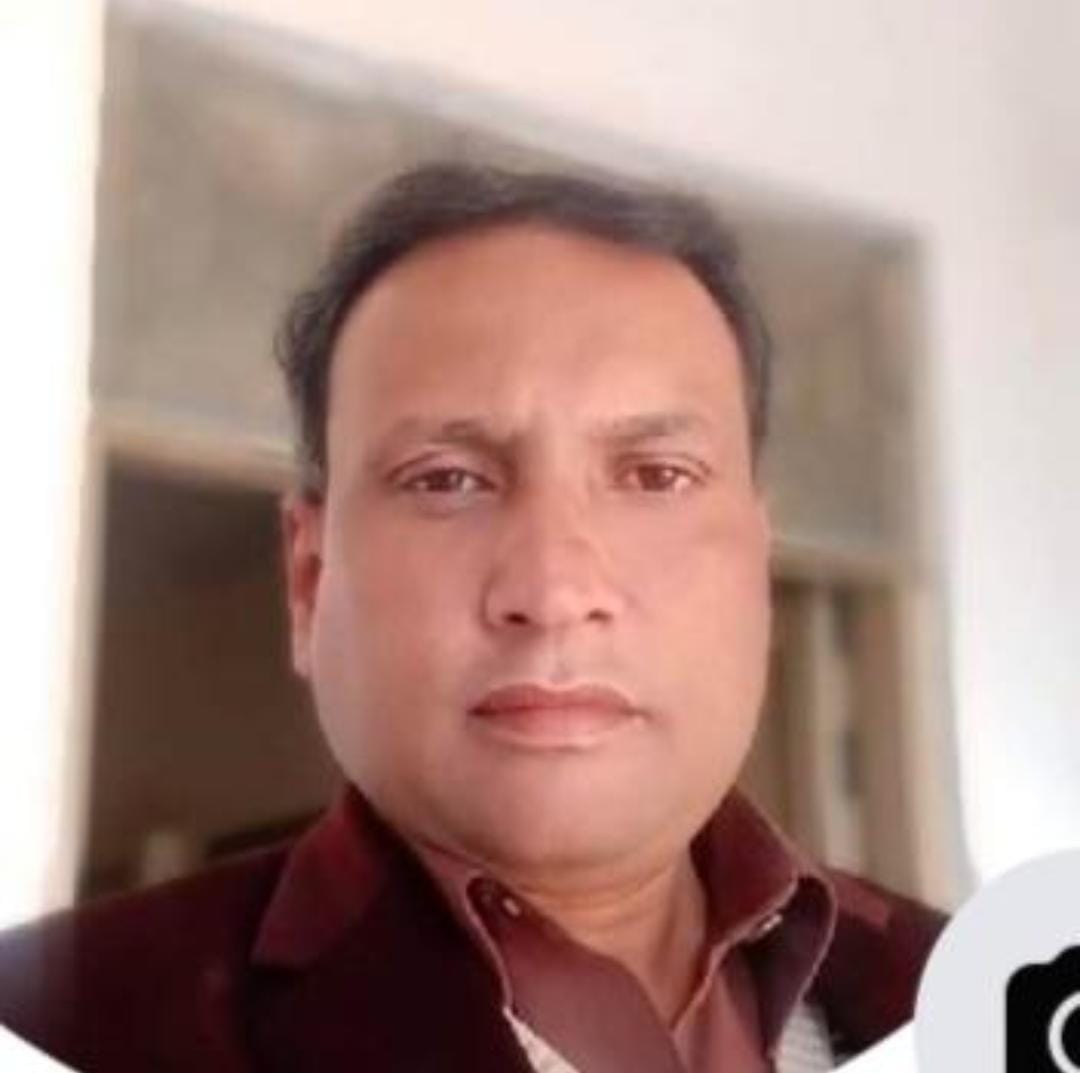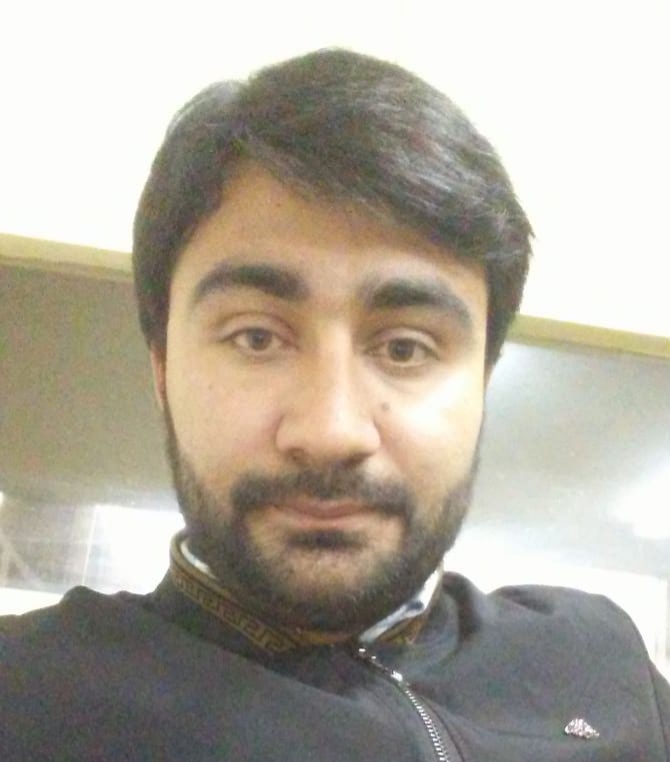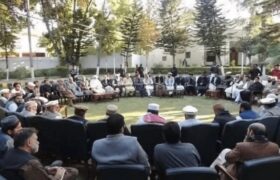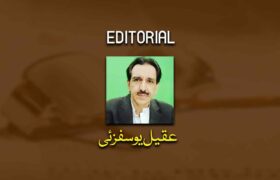In the heart of Khyber Pakhtunkhwa (KP), a dedicated young scholar, Ang Raj Karn, pursuing his MBBS degree at the prestigious Khyber Medical College in Peshawar, reveals his deep-rooted love for the Hindu religion. He exclaims, “I don’t want to see my religion vanish because I have a lot of love for the Hindu religion in my heart.”
While excelling in scientific subjects and other academic pursuits, Ang Raj Karn laments the absence of religious education for Hindu children in his province. He sheds light on a critical issue facing the Hindu community in Khyber Pakhtunkhwa, where religious education is in short supply.
According to the 2017 census, the Hindu community makes up just 0.2% of KP’s population, numbering 6,373 members. However, social activist and provincial assembly member Ravi Kumar asserts that the actual number of Hindus in KP is closer to 50,000, if not more.
The Hindu community in KP is deeply concerned about the dearth of religious education opportunities for their children, longing for them to learn in their native languages and to connect with their cultural heritage.
Ang Raj Karn explains, “In the mainstream education system, every student has the option to choose ‘Islamic Studies’ as a compulsory subject, instead of religious minority students having the choice to learn about Sikhism or their own faith.” This underscores the need for specialized religious schools for Hindus.
Despite being a Hindu himself, Ang Raj Karn has never encountered Hindu teachers in any schools. He, like thousands of other Hindu students, studied Islamic Studies in schools and colleges. He articulates, “I have learned the basics of my religion from my parents. In KP, there was no knowledge about my religion for hundreds of Hindu students, which is an extremely worrisome issue.”
Read More: A Battle for Survival and Awareness: A Triumph Over Breast Cancer
Critics argue that the government offers a five percent quota for non-Muslim teachers in public schools. However, Dr. Muhammad Idris, an educationist, points out that often minority communities fail to submit applications, leading to these positions remaining vacant.
Haroon Sarbdiyal, a Hindu worker from Peshawar, asserts that there isn’t a single school in KP or tribal areas where Hindu children can receive education in  their religion and learn Hindi and Sanskrit—the languages in which sacred Hindu scriptures are written.
their religion and learn Hindi and Sanskrit—the languages in which sacred Hindu scriptures are written.
Sanskrit, an ancient Indo-European language, holds the key to understanding Hinduism, as it encompasses the sacred Hindu scriptures and classical Indian epics. Haroon laments the lack of progress in establishing religious schools for the Hindu community, asserting that the young generation is losing touch with their faith.
He passionately demands that at least one school be established in every temple across the province to safeguard the Hindu religion. Haroon recalls a “Paatshala” in Nowshera, a traditional Hindu school for religious education, which sadly closed down.
Pandit Ashok Kumar, a Hindu priest, emphasizes that Hindu religious education primarily involves the study of two significant texts, the Shri Ramayana and  the Bhagavad Gita. He believes that with serious government attention, Hindu children can receive the religious education they deserve.
the Bhagavad Gita. He believes that with serious government attention, Hindu children can receive the religious education they deserve.
Kanwal Sharma, a social sciences student, asserts that it is their right to study their own religion rather than the teachings of other faiths. She highlights their patriotism but underscores their deprivation of basic and constitutional rights to education. Kanwal insists on the appointment of Hindu teachers in schools across the province to ensure religious education.
Raj Kumari, a resident of Mardan district, teaches her children about the Hindu religion at home due to the absence of religious schools. She fears for the future and implores that the younger generation should not lose touch with their faith.
Ravi Kumar, a former minority member of the Provincial Assembly of Khyber Pakhtunkhwa, defends the government’s commitment to protecting religious minority rights. He notes the establishment of Sunday schools in churches and gurdwaras, emphasizing that religious minorities enjoy the same freedoms as other citizens.
Ravi Kumar dismisses claims that the Hindu community is drifting from their religion due to government actions, asserting that the government’s top priority is equal rights for all. He argues that those spreading such beliefs are misinformed, as the government is actively taking steps to protect minority rights.
Read More: Pakistan’s Cotton Production Soars by 71% in Remarkable Recovery from Last Year’s Losses





